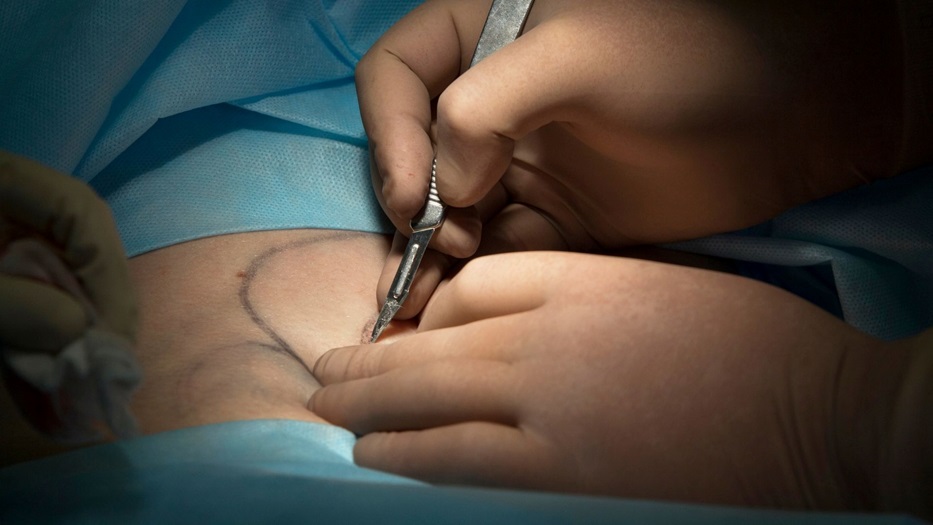Post-surgical incision care after bariatric surgery can be a little tricky. There are many things to keep in mind, and the healing process is different than for non-bariatric patients. This blog post will outline all of the details that need to be taken into account when caring for an incision post-surgery.
What is bariatric surgery, and how does it work?
Bariatric surgery is a type of weight loss surgery that reduces the size of the stomach to help individuals lose weight. It is usually performed on those patients who are suffering from morbid obesity.
Learn more: What is Morbid Obesity?
Generally speaking, there are two types of bariatric surgeries: restrictive procedures and malabsorptive procedures. A restrictive procedure typically involves the creation of a smaller stomach pouch while the remaining part of the stomach is still connected to the intestines. A malabsorptive procedure reduces the ability to absorb some nutrients and calories, which helps individuals lose weight. Most often, in bariatric surgery, a large incision is made on the abdominal wall, and in order to get better and perfect the procedure so an oversized tool will be used.
Incision care post-surgery
You may experience pain, redness, or swelling at the incision site. Check with your doctor about how to care for it (e.g., what type of ointment to use, when it’s okay to take a shower). Tips to take care of your incision post-surgery:
- Wash your hands before you touch the incision.
- Sit or lie down if you are feeling weak or lightheaded to prevent further injury.
- Do not pull out any stitches! If you see a stitch protruding from your incision, do not pull it out yourself. Contact your doctor immediately for assistance. Stitches that are pulled out can become infected or cause further damage to the area.
You may also like: All About Gastric Sleeve Surgery Scars.
- Do not pick at scabs that form over the incision site. Doing so can cause an infection in the area and permanent scarring of the skin.
- Keep your incision clean and dry, but do not apply any ointments, lotions, or make-up to the area. These may interfere with the healing process and/or cause irritation in the area.
- Do not apply any creams or cosmetics near your incision site.
Incision care after bariatric surgery is a critical part of the healing process especially post your sleeve gastrectomy in phoenix that should not be overlooked. The incisions made during weight loss surgery can lead to serious infections and other complications if they are ignored or improperly cared for.





